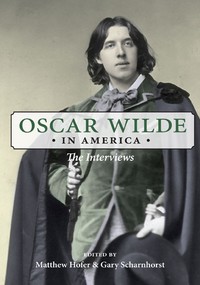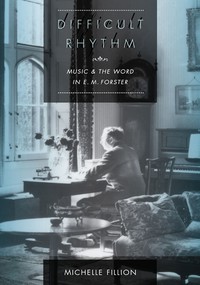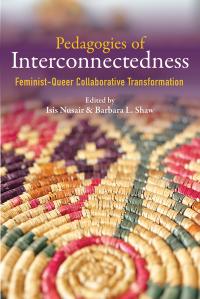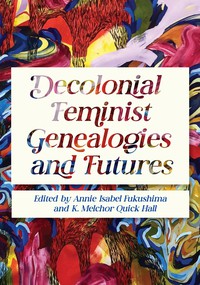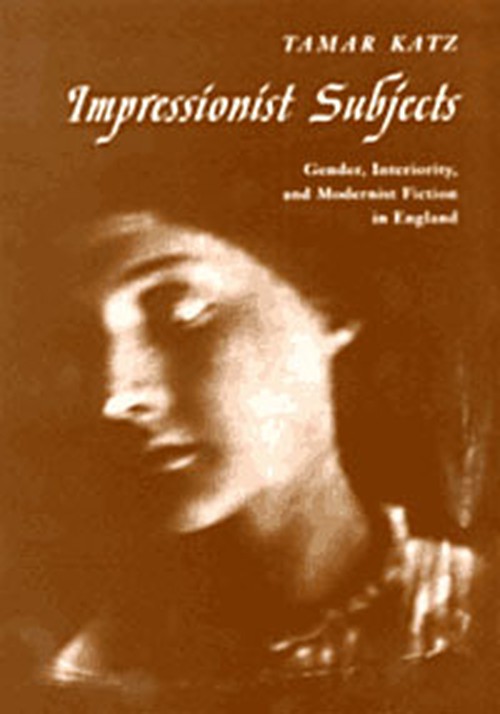
Impressionist Subjects
Gender, Interiority, and Modernist Fiction in England
How modernist ideas connected to women moving into public life in the early twentieth century
Cloth – $44
978-0-252-02584-6
eBook – $19.95
978-0-252-05426-6
Publication Date
Cloth: 01/01/2000
About the Book
Exploring the intersection of ideas about woman, subjectivity, and literary authority, Impressionist Subjects reveals the female subject as crucial in framing contradictions central to modernism, particularly the tension between modernism's claim to timeless art and its critique of historical conditions. Against the backdrop of the New Woman movement of the 1890s, Tamar Katz establishes literary impressionism as integral to modernist form and to the modernist project of investigating the nature and function of subjectivity. Focusing on a duality common to impressionism and contemporary ideas of feminine subjectivity, Katz shows how the New Woman reconciled the paradox of a subject at once immersed in the world and securely enclosed in a mysterious interiority. Book chapters feature discussion of modernists including Walter Pater, George Egerton, Sarah Grand, Henry James, Joseph Conrad, Ford Madox Ford, Dorothy Richardson, and Virginia Woolf.Sophisticated and tightly argued, Impressionist Subjects is a substantial contribution to the reassessment and expansion of the modernist fiction canon.
About the Author
Tamar Katz is an associate professor of English at Brown University.Reviews
"Katz argues that the feminine subject is central to modernism, but she focuses less on the critical and theoretical divide between women/femininity and modernism, and more on the ways in which gender shapes more complex tensions between authority and subversion, or order and chaos, within modernist texts. Highly recommended." -- Choice"Katz's study is a sophisticated contribution towards current debates on the gender and historicizing of modernism." -- Deborah Parsons, Modern Language Review
"Intelligent and thoughtful. . . . An important contribution to our understanding of the conceptual ambiguities inherent in modernist experimental technique as well as women's role in making such new writing 'persuasive.' . . . [Katz's readings of core texts are sharp and incisive." -- Maureen Moran, English Literature in Translation
